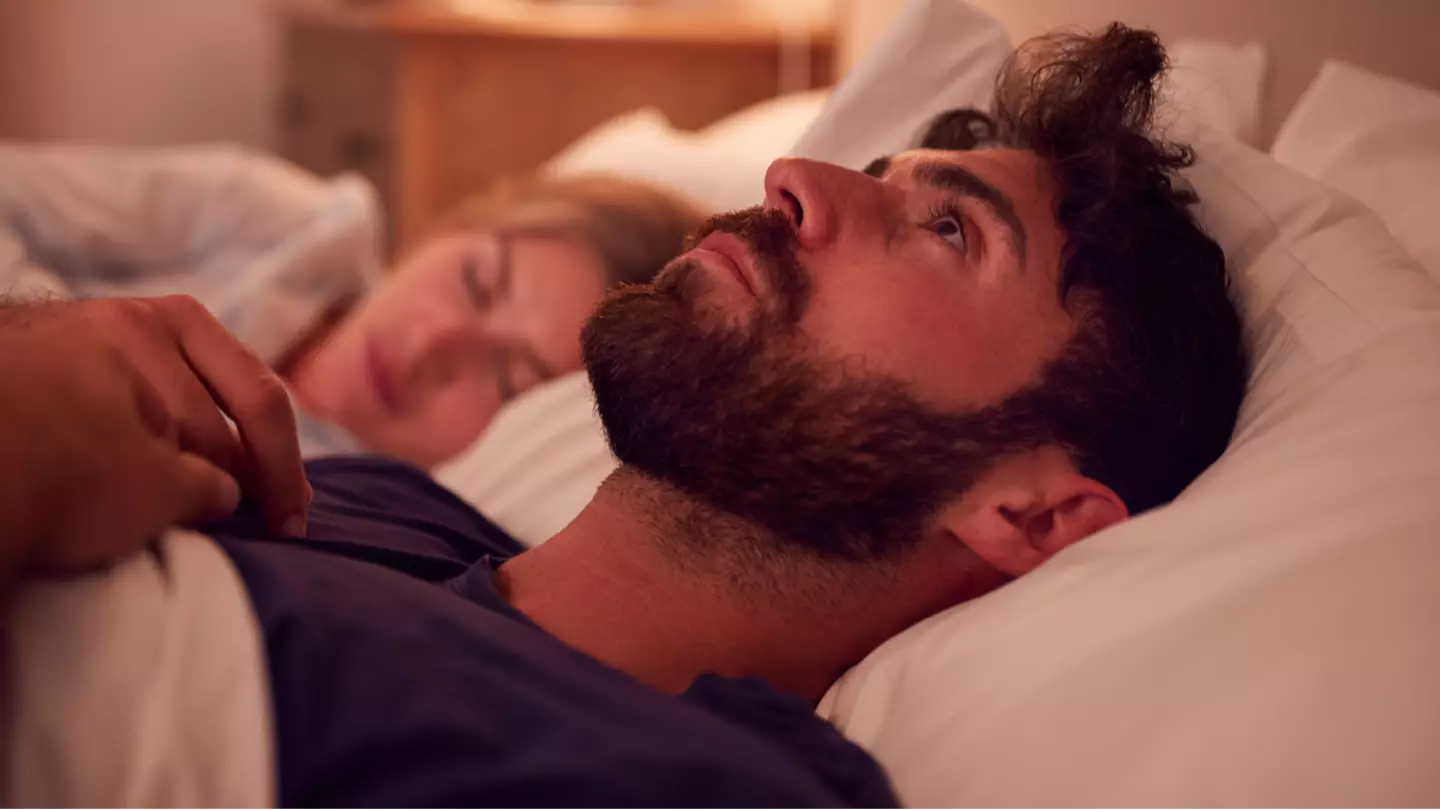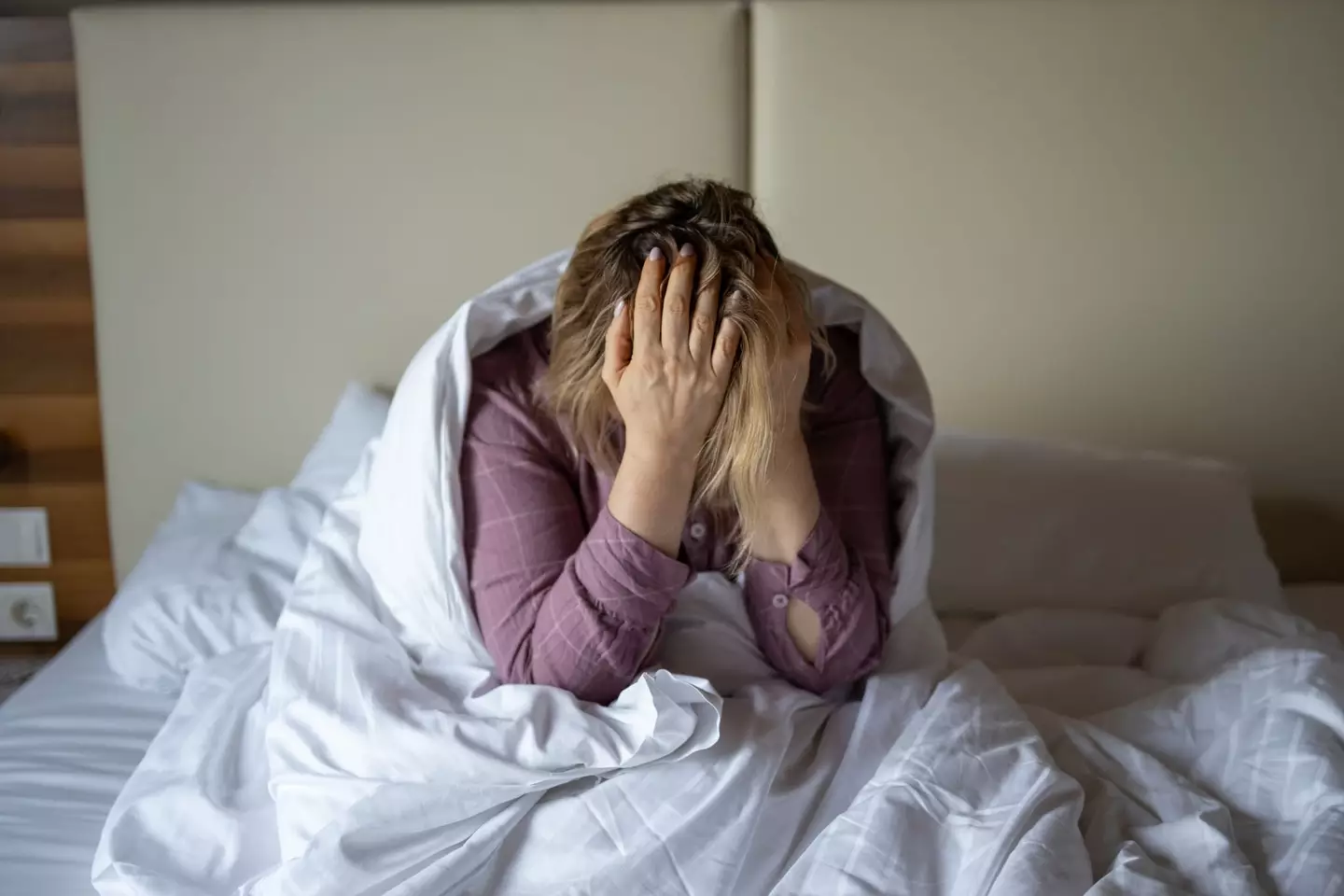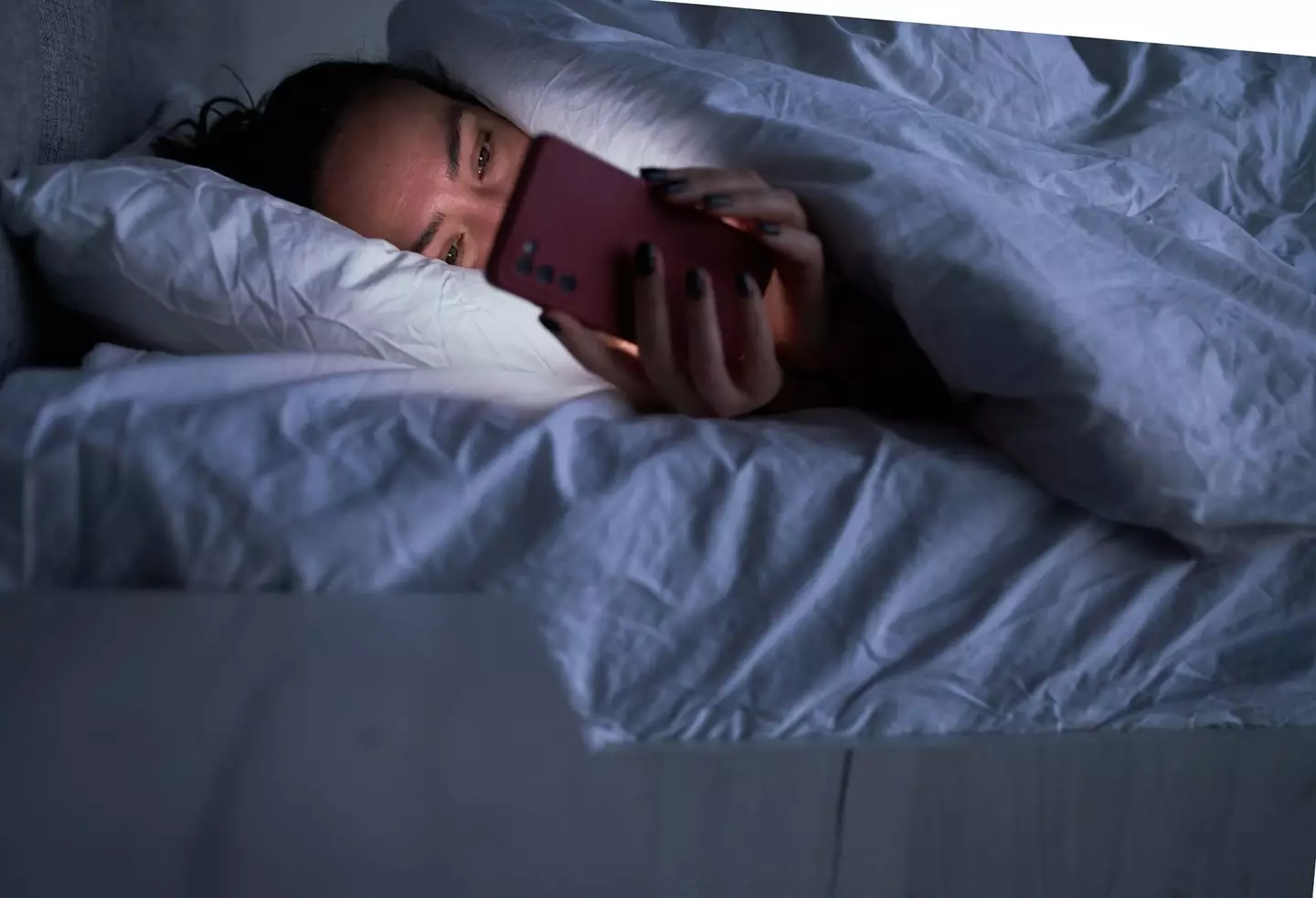
Sometimes it’s just so hard to go to sleep, and you’ll find yourself trying anything to make it happen. But a doctor has warned about one thing you should steer well clear of if you want that precious good night's sleep.
It’s getting hotter, and with that comes the issue of being far too hot to sleep. Your sheet sticks to you, there’s no cool side of the pillow, and you feel like you could scream.
So, what do you do?
You might attempt to lie on top of the sheets, leaving your feet free for paranormal beings to grab at, or you might position all the fans in the home around your bed.
Advert
But then you’re leaving yourself at risk of getting too cold.

Maybe you’d pull out your phone, laptop, or switch on the TV to pass time while you begin to enter dream land.
Well, that’s something you absolutely need to stop doing according to a sleep expert.
Dr. Matthew Walker, professor of neuroscience and psychology at the University of California and author of Why We Sleep, told Daily Mail: “Only use your bed for sleep and intimacy.”
He explained that if you do use electronics in your bed, you can use something called ‘stimulus control’ which trains your brain out of associating those activities with your bed.
“The bed should never be used as a workstation,” he warned.
He explained that using technology in your bedroom is one of the worst things you can do for your sleep.
That’s because of the blue light which is emitted from screens which can mess with your natural sleep-wake cycle, so it makes it harder for you to go to sleep, and also ruins the quality of sleep too.
Blue light disrupts your body’s production of melatonin, the sleep hormone.

So, removing anything tech-related and anything with blue lights can make all the difference.
He also shared that there are things you can add to your sleep routine to promote better sleep, such as sticking to a 24/7 schedule and never breaking it.
This is so your circadian rhythm can become regulated, allowing your body to automatically wind down and wake up on time.
If you go to sleep at the exact same time each night and wake up at the same time each morning, your body will begin to do this for you without a hitch.
Also, if you avoid caffeine after lunch, you’ll be able to wind down faster, and not have that pesky racing mind come bedtime.
Then, another tip is to have a fool-proof wind down routine before bed to allow yourself to get into the mood.
He advises to go tech-free an hour before sleep to settle your body and to try 'relaxation techniques such as progressive muscle relaxation or mindfulness meditation.’
“In the last hour before bed, set an alarm and turn down half of the lights in your home for two weeks,” he said. “Then go back to full lights on, and ask yourself which you prefer.
"If possible, You should also aim for 7 to 9 hours per night, as supported by robust evidence showing that this range provides maximum benefits for brain health, emotional stability, immune function and physical repair."
Topics: Health, Sleep, Technology
